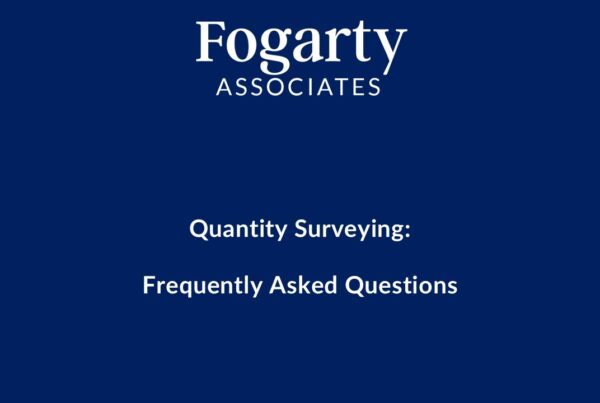Introduction
AI is rapidly changing the world, professional jobs and the construction industry. The quantity surveying profession is certainly not exempt from the impact that AI will have on the working world. In this article, I will discuss how AI will affect the quantity surveyor’s services, the benefits it offers and the potential drawbacks.
The Role of the Quantity Surveyor
The quantity surveyor is a core consultant in the construction industry. He/ she is responsible for the financial performance of a construction project by preparing budgets and monitoring outgoing costs throughout the supply chain. When a quantity surveyor prepares a budget, order of cost estimate or a cost plan they quantify the works by ‘taking off’ various elements of the project. Essentially measuring parts of the building using standardised methods of measurement such as the New Rules of Measurement (NRM1, NRM2 and NRM3). Then, they multiply the quantities with a rate which can be obtained from a variety of sources such as historical cost data, subcontractor or supplier costs as well as published data like that found in SPONS or BCIS.
Quantity surveyors also get involved the procurement of contractors/ subcontractors by preparing tender documents for the supply chain to use in order to come up with an estimate and compare with other tenderers to determine the best value for money. Quantity surveyors also administer contracts by preparing the contract documentation for parties to sign.
What is AI?
AI is a field that can enable computer systems to be able to perform complex tasks that normally only a human could do. AI has existed for awhile with different waves implemented over the years showing an evolution. Today, AI is at it’s fourth wave with generative models like ChatGPT. AI is capable of performing tasks such as writing essays, articles, itineraries and works of art all with a simple prompt and produced in a moment.
How is it being used today and how will it affect the quantity surveyor’s responsibilities?
For the quantity surveyor, AI can handle many menial and time-consuming tasks. AI can do a takeoff, enter data for a cost report, analyse historical cost data, generate value engineering ideas, write documentation such as letters or contract documents and generate minutes of a meeting using voice recognition software like MeetGeek via Microsoft Teams.
What Are the Benefits?
The major benefit is the time-saving capability, by delegating tasks such as preparing a takeoff could save potentially dozens of man hours when preparing a cost plan. This frees the surveyor’s time to focus on providing advice on a complex issue that AI cannot do thus improving the quality of the quantity surveyor’s service to the client.
There is also a cost saving too. The reduction in man hours means that these financial savings can be passed on to the client meaning they pay less on fees and making appointing a quantity surveyor more attractive on a construction project.
What Are the Drawbacks?
AI isn’t perfect and it can make mistakes. This isn’t the real drawback though, as human beings can of course make errors too. However, the concern is like with any technological innovation, people can become over reliant on the software. Quantity surveyors are professionals and need to think critically when presented with a problem. Blindly following whatever the AI tells the QS will damage their ability to advise in the future which will harm their personal and firm’s reputation as well as that of the professional.
Whilst not strictly related to AI, I do have an anecdote that can help illustrate this point. About 8 years ago, I acted for my client who was a subcontractor and they were appointed by a housebuilder. There was a disagreement on the measure of a particular house. After measuring the same building multiple times my measure was still significantly higher than his. We were at an impasse. He was reluctant to budge, insisting that his takeoff had to be correct and we were wrong because he used takeoff software. It turned out that he missed off an entire elevation explaining the large discrepancy immediately. This was an embarrassing mistake on his part and wasted everyone’s time. The point I am making is that this QS was far too reliant on the takeoff software he was using and did not use critical thinking when presented with a problem. I can foresee things like this happening to others with AI.
Another potential drawback is that it could affect the next generation of quantity surveyors. When I worked as a trainee and assistant QS, I did a lot of menial jobs for my employer. Such as taking off for tenders or agreeing variations, sending out tender enquiries to subcontractors and writing minutes of meetings. Whilst this was menial (and sometimes a bit boring) it was essential exposure to the profession and how the industry works. If AI simply replaces all of this then this could rob the next generation of this essential experience.
The Future of the Quantity Surveyor
A popular discussion around AI is that it could one day replace jobs. I have touched in the previous section that AI’s ability to perform menial tasks could make entry level quantity surveyors redundant before they even enter the workforce.
According to Microsoft researchers (Corden, J (2025) AI threatens to eliminate 40 job roles, according to Microsoft’s latest research finding — Is your career safe?), jobs such as interpreters/ translators, sales representatives, customer service representatives, market research analysts and journalists are most likely to be replaced by AI with no mention of various construction professionals like quantity surveyors. Whilst QSs may breathe a sigh of relief for now, inevitably the question is raised that once the technology improves: are we next?
The RICS believes the answer, is no. In an article, the author concludes that “AI will not ‘take over’ or remove the role of the QS; instead the role will transform and evolve.” (Pollock, A (2024) What impact will AI have on quantity surveying?).
I do have a similar opinion. When I was in university, I attended a lecture that asked a similar question which was will technological advancements like taking off software or cost databases make this profession redundant? The answer the lecturer and myself concluded was no, as while the technology could benefit our jobs and the industry there is no replacing the critical thinking power of the professional. When preparing a cost plan, surveyors have to account for various project specific factors such as:
- Working conditions
- Environmental factors
- Desirability of the project
- Site access
- Adjoining properties
- Cost of borrowing
- Microeconomics
The above list are factors that technology and possibly AI cannot account for when producing a cost plan or budget, at least in the foreseeable future. My opinion on AI is the same as it was 10 years ago when I attended that lecture, that yes AI will change the quantity surveying professional but it will not replace it. AI cannot replace human specific tasks such as visiting a building site to monitor progress and value an interim valuation, negotiate with a contractor over a contentious claim or meet with a client and build a surveyor/ client human relationship. The quantity surveying profession has evolved many times over the years and it seems will continue to evolve.
Will AI Have an Impact on SMEs?
Fogarty Associates is an SME (Small or Medium Enterprise) and works a lot with other SMEs such as property developers, contractors, subcontractors, architects, engineers, etc. The final question I will raise in this blog post is it is affecting these businesses much and will it do in the future?
The British Chambers of Commerce reported in 2024 that 43% of SMEs have no plans to use AI technology and only 25% of businesses are using them. (British Chambers of Commerce (2024) Most SMEs Still Struggling to Embrace AI).
This is a general statistic and is not specific to the construction industry. However, in my experience the construction industry is notorious for being slow to adopt to change for technological advancements so I believe that for this industry the numbers are lower than what The British Chambers of Commerce reported.
I believe that few SMEs in the construction industry are using AI largely due to the industry’s slow adoption to change but another factor could be that maybe the benefits are more limited for SMEs. There are major benefits for the implementation of AI but if I was preparing a simple order of cost estimate it may not save that much time or that AI can’t replace many of my tasks like visiting sites or negotiating claims. If the benefits of AI are so limited for practices like mine then the risks may outweigh them or it just may simply be not worth bothering.
Thank you for reading this article. If you’d like to join the conversation then feel free to leave a comment below or share on social media. The references used for this are listed below.
References
Corden, J, (2025) AI threatens to eliminate 40 job roles, according to Microsoft’s latest research finding — Is your career safe?
Pollock, A (2024) What impact will AI have on quantity surveying?
https://www.rics.org/news-insights/what-impact-will-ai-have-on-quantity-surveying
British Chambers of Commerce (2024) Most SMEs Still Struggling to Embrace AI





